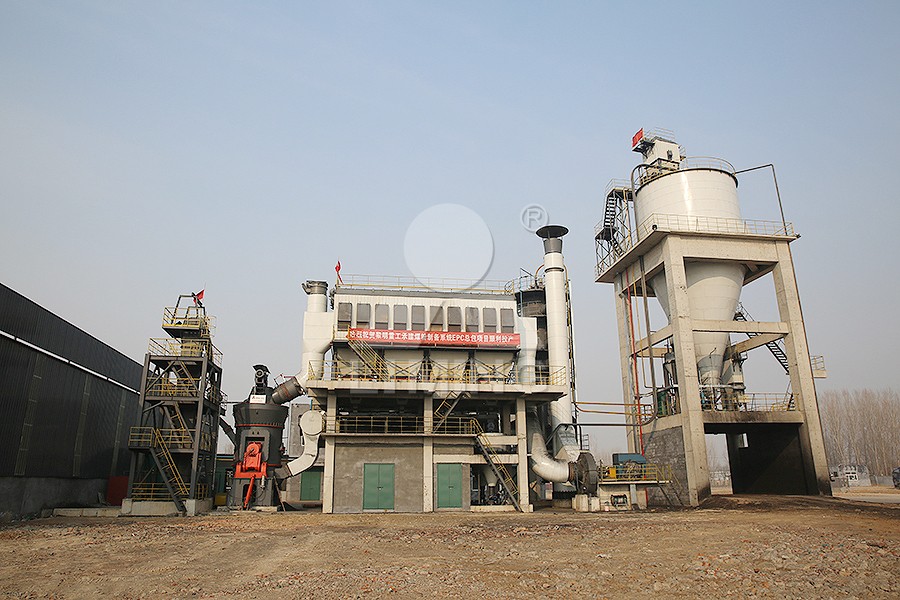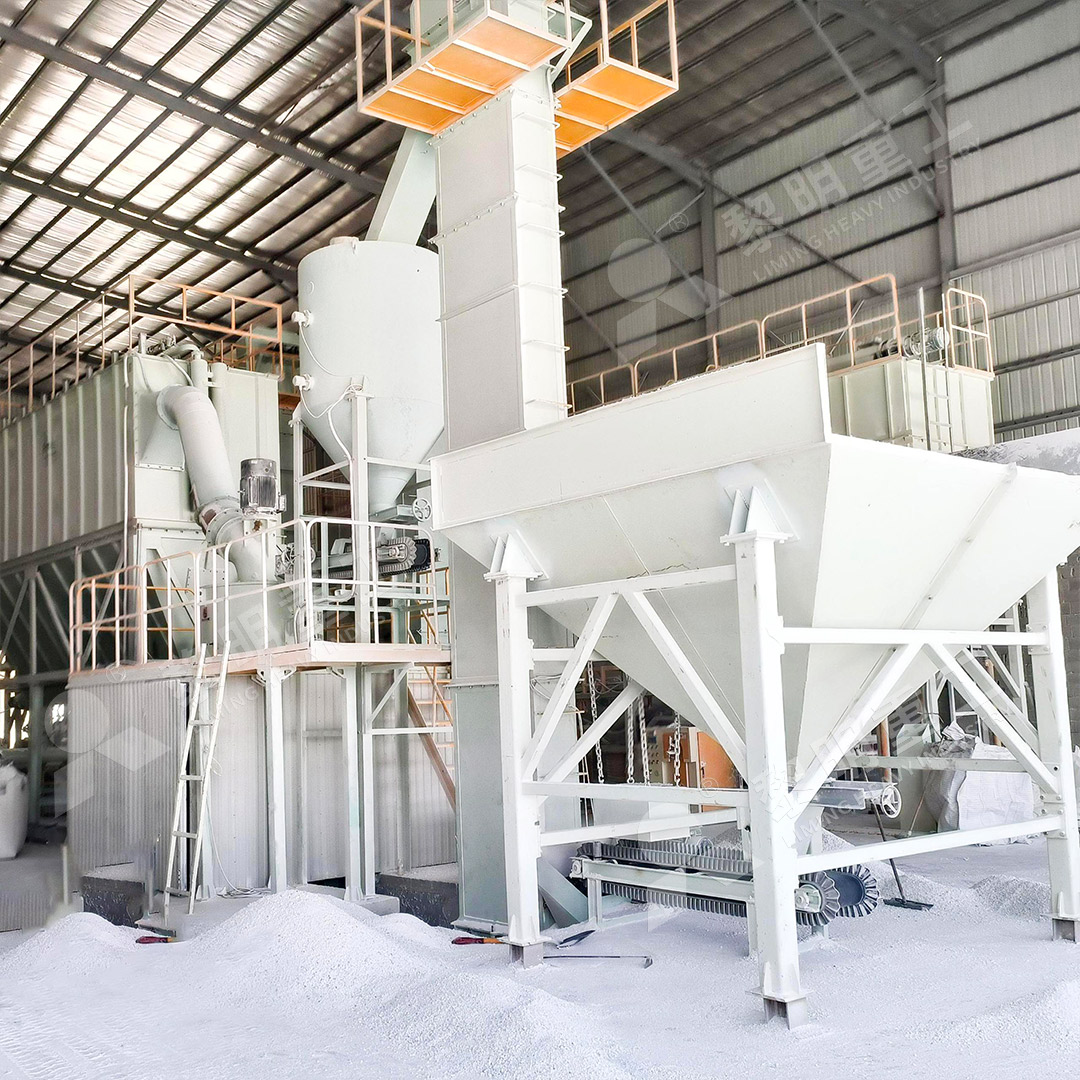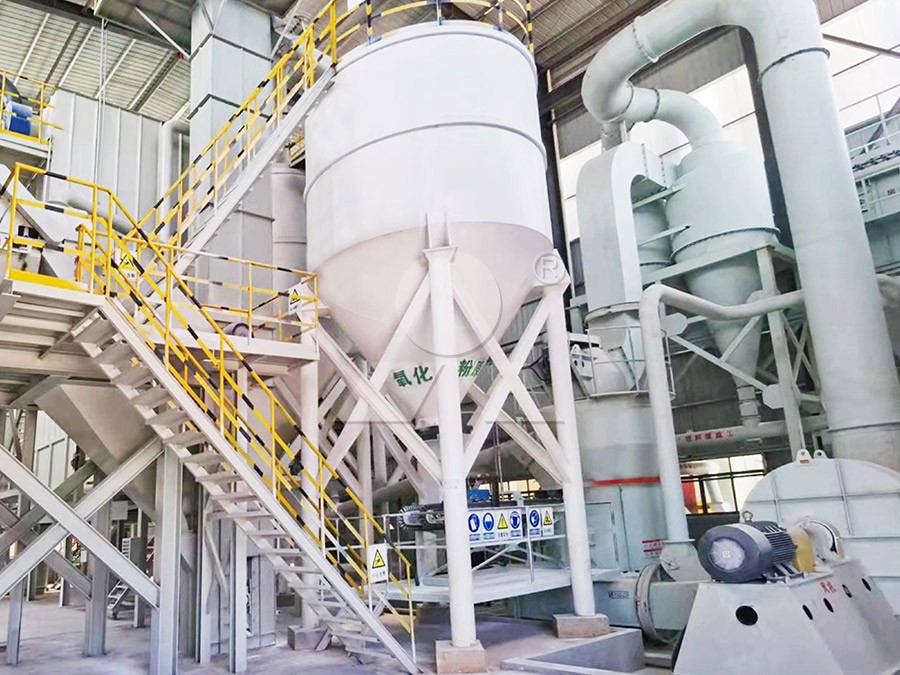Top 5 German Stone Grinding Mills for Industrial Use
We provide a wide range of mills — including Raymond mill, trapezoidal mill, vertical mill, ultrafine mill, and ball mill, obtained ISO9001 international quality certification, EU CE certification, and Customs Union CU-TR certification. Suitable for processing minerals such as limestone, phosphate, quicklime, kaolin, talc, barite, bentonite, calcium carbonate, dolomite, coal, gypsum, clay, carbon black, slag, cement raw materials, cement clinker, and more.
The discharge range of these mills can be adjusted to meet specific processing needs, typically from 80-400 mesh, 600-3250 mesh, and can achieve the finest particle size of up to 6000 mesh(D50).
If you are looking for a reliable grinding solution to turn stone or minerals into fine powder, please feel free to contact our online customer service.
Top 5 German Stone Grinding Mills for Industrial Use
When it comes to precision, efficiency, and reliability in industrial mineral processing, German engineering sets the global standard. The right grinding mill is crucial for achieving desired particle size, maintaining product quality, and optimizing operational costs. Based on decades of industry experience and technological innovation, here are the top 5 German-inspired stone grinding mills dominating the industrial landscape.
1. Vertical Roller Mills (VRM)
Vertical Roller Mills are a cornerstone of modern grinding technology. Their ability to handle large capacities while integrating drying, grinding, and classifying into a single unit makes them incredibly efficient. German-designed VRMs are renowned for their low energy consumption—often 30-40% less than traditional ball mills—and their compact footprint reduces installation space by half. They excel in processing limestone, coal, slag, and cement clinker.

2. Planetary Ball Mills
For ultra-fine grinding and mechanical alloying, planetary ball mills are unmatched. Their unique grinding mechanism, involving high-energy impacts between grinding balls and the sample material, allows for particle sizes down to the nanometer range. This makes them ideal for research labs, pharmaceuticals, and advanced material science where extreme fineness and homogeneity are required.
3. Our Recommendation: MW Ultrafine Grinding Mill
For operations demanding ultra-fine powder between 325-2500 meshes, the MW Ultrafine Grinding Mill is a standout peice of equipment. Designed for customers who need to make ultra-fine powder, it features a German-tech cage-type powder selector for precise separation, achieving a screening rate of d97≤5μm in a single pass. Its higher yielding and lower energy consumption—40% higher capacity than jet mills—make it a cost-effective solution. Furthermore, the absence of rolling bearings and screws in the grinding chamber eliminates common failure points, ensuring worry-free, 24/7 operation. It’s perfectly suited for materials like limestone, calcite, talc, and cosmetics additives.

4. Jet Mills (Fluidized Bed Jet Mills)
German fluidized bed jet mills are the go-to technology for grinding heat-sensitive or extremely hard materials without contamination. Using compressed air or gas to create high-velocity collisions between particles, they produce fine and ultra-fine powders with a narrow particle size distribution. Their cool grinding process preserves the material’s properties, making them essential in the chemical, pharmaceutical, and pigment industries.
5. Raymond Mill (Roller Mills)
A classic workhorse, the modern Raymond Mill, or roller mill, remains a reliable and economical choice for medium-fine grinding. Its simple design, low investment cost, and small occupation area have kept it relevant for decades. While not as fine as some alternatives, it’s perfectly adequate for a wide range of materials like barite, calcite, and gypsum in industries such as construction and ceramics.
Choosing the Right Mill
Selecting the ideal mill depends on your material’s hardness, desired fineness, moisture content, and required capacity. For those prioritizing ultra-fine output with industrial robustness, the MW Ultrafine Grinding Mill represents the pinnacle of German-inspired design and efficiency. Its eco-friendly operation with integrated pulse dust collectors and silencers ensures production meets stringent environmental standards, making it not just a powerful tool, but a responsible choice for modern industry.

